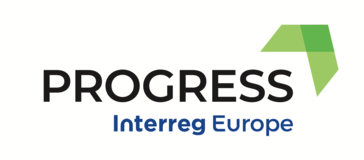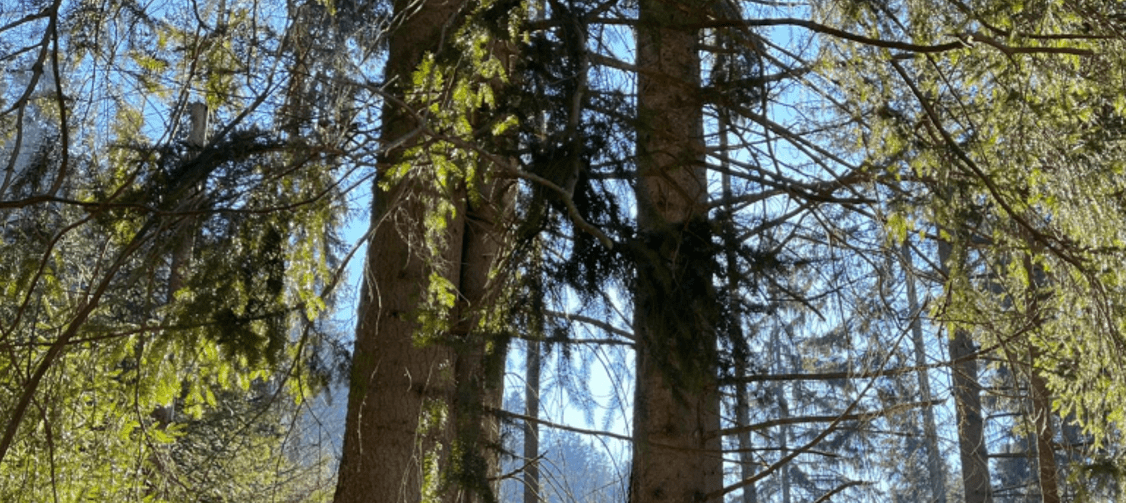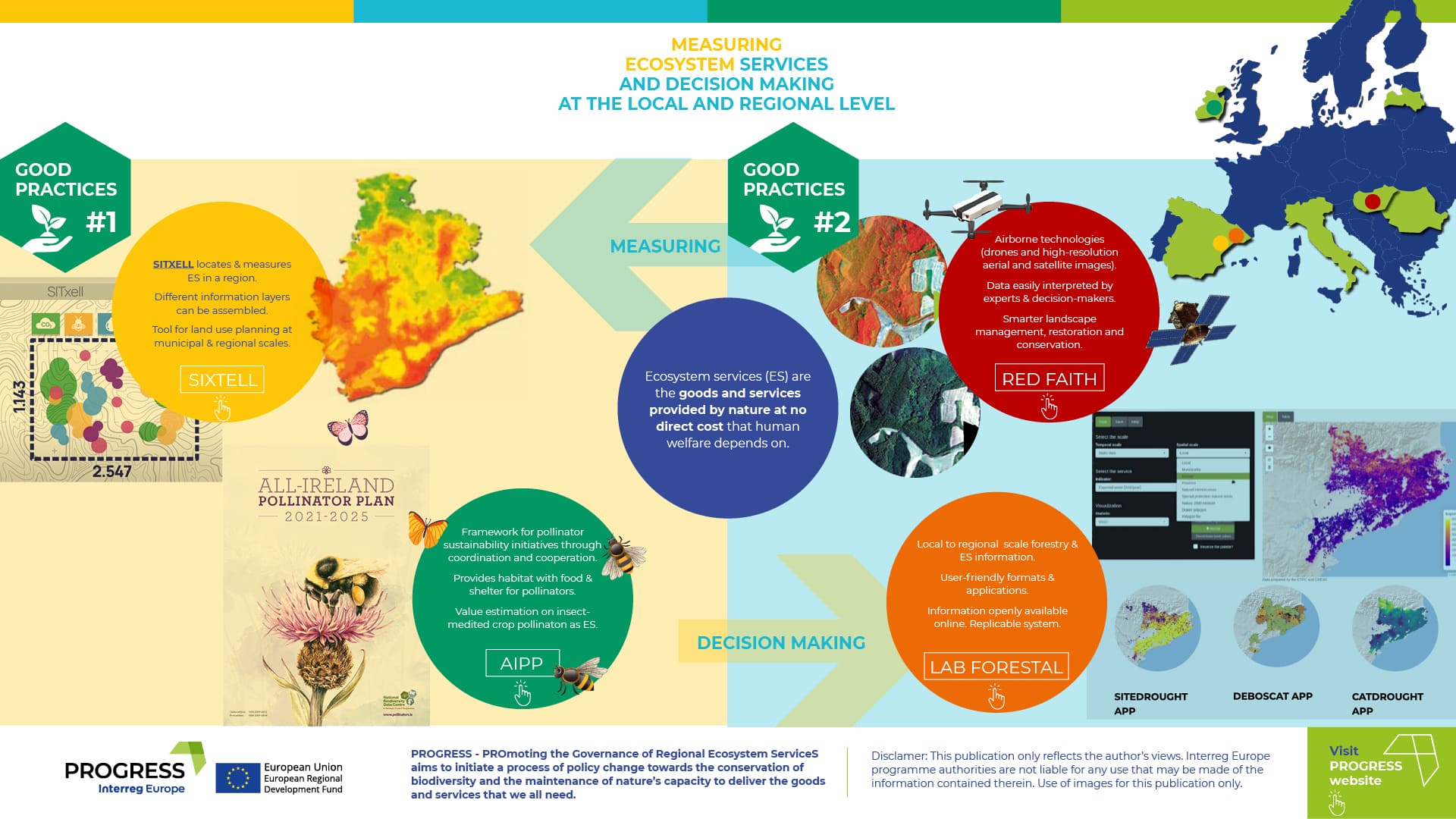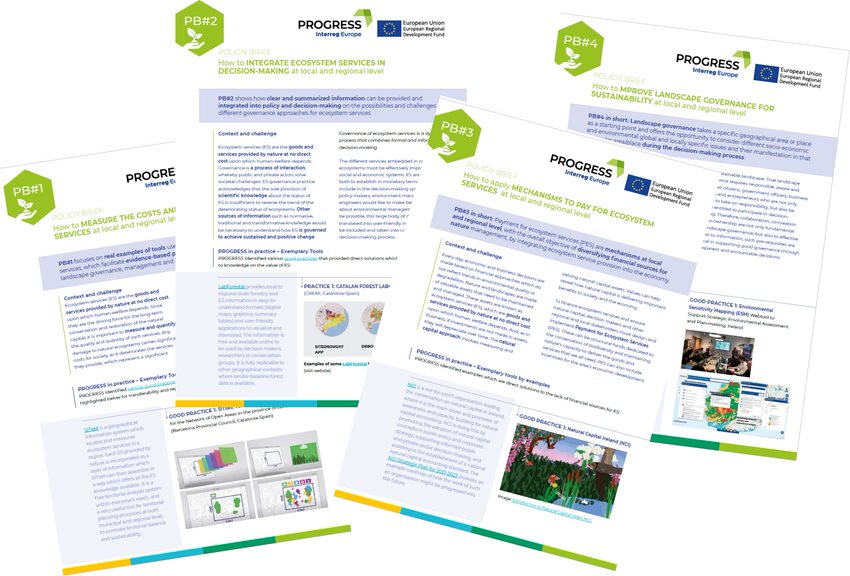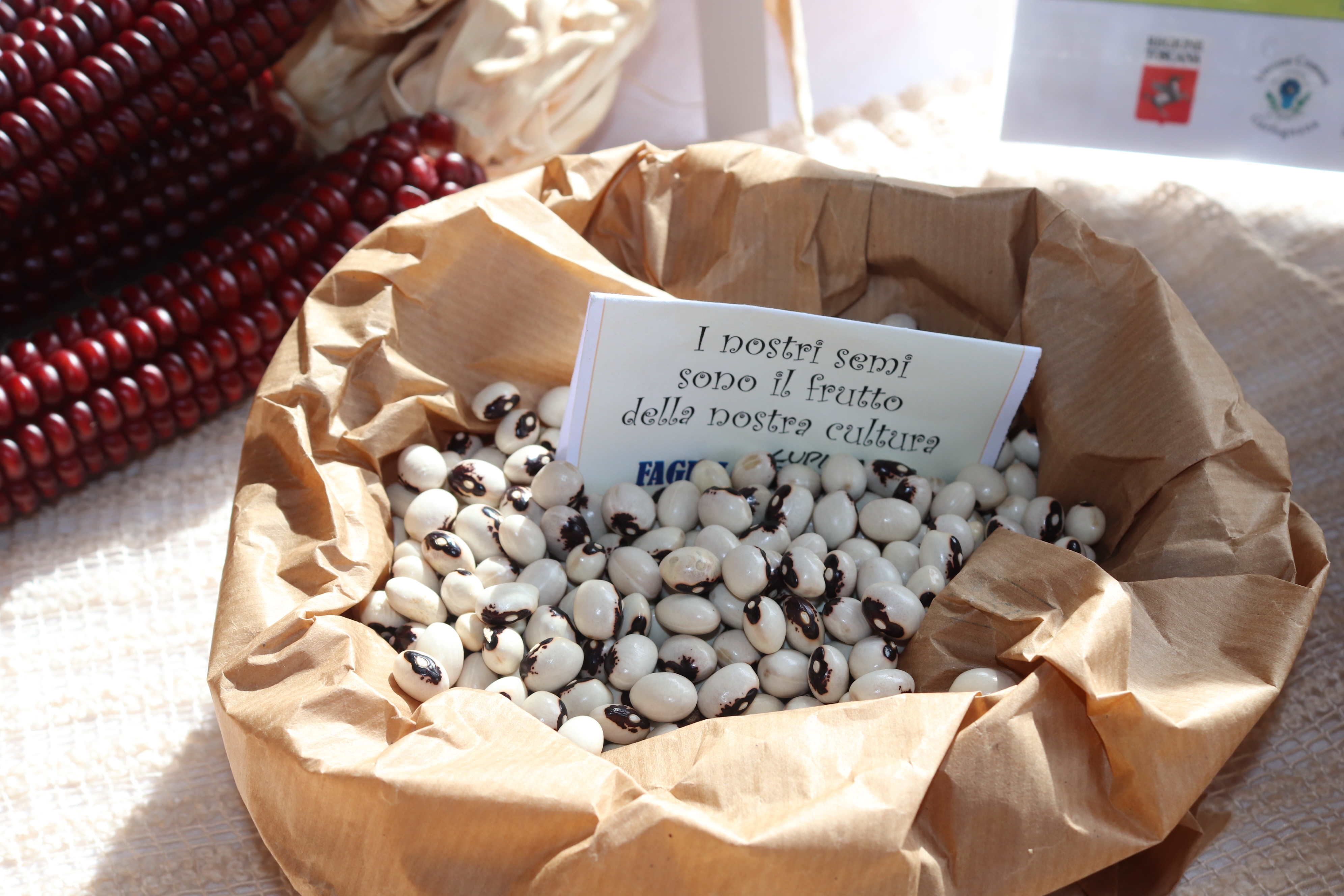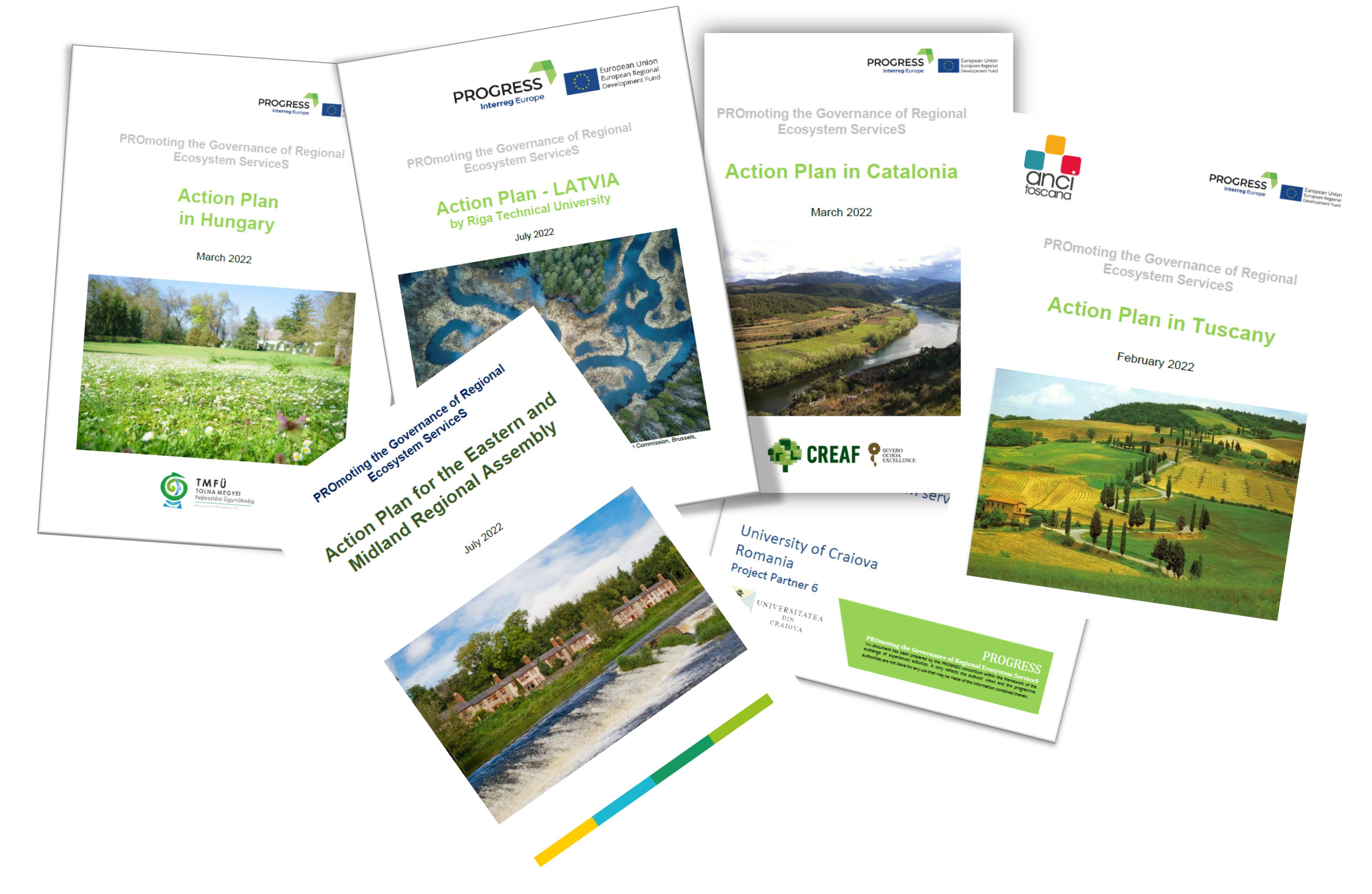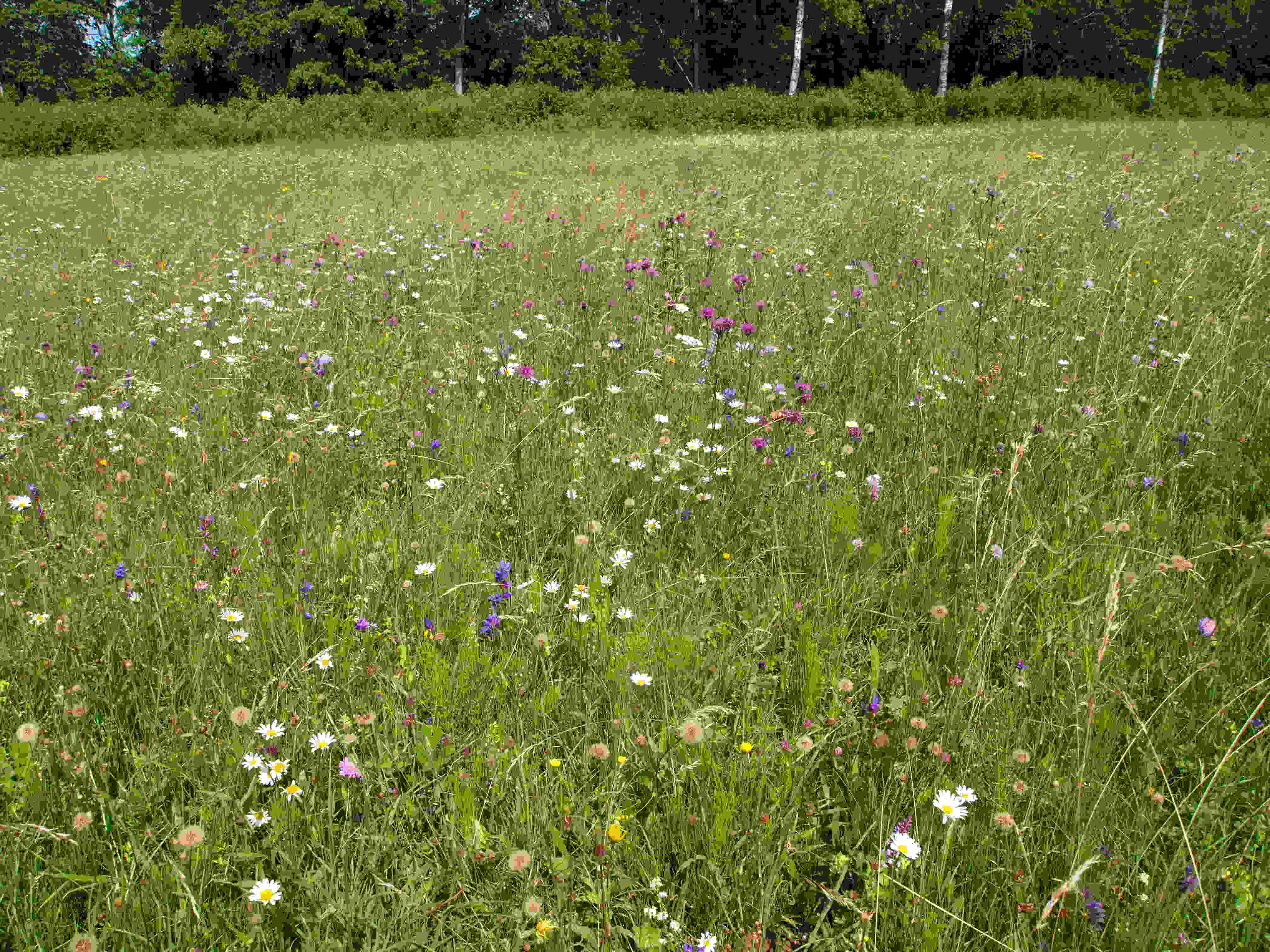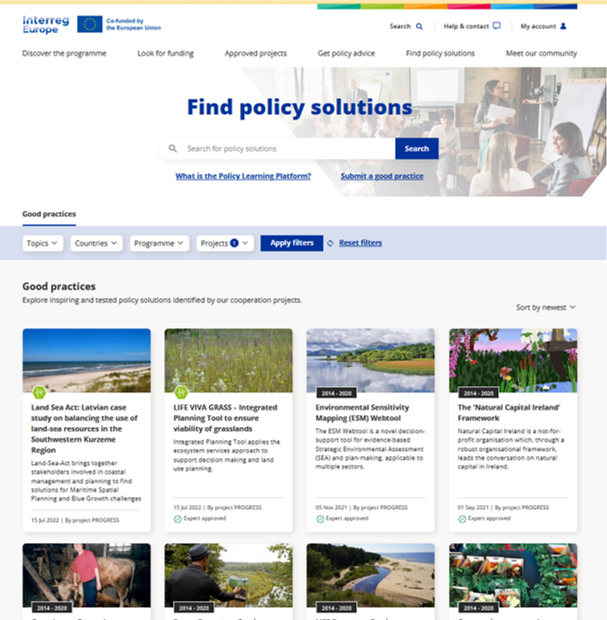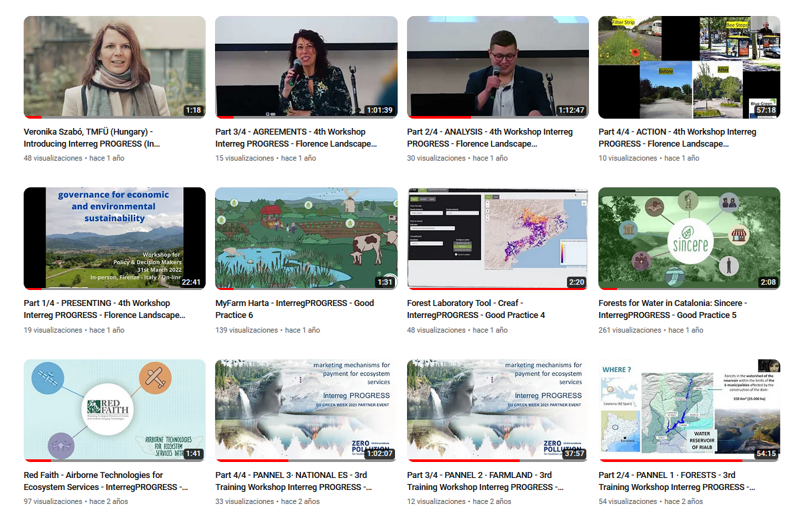The 3rd Thematic Workshop, with 141 participants, was organised on May 25 by Craiova University, and held on-line. PROGRESS Library stores the recordings of the workshop in 4 separate videos. Full program.
Pollution affects everybody – through the air we breathe, the water we drink or the land we grow our food on, all of which are components of the Ecosystem Services, the central theme of Interreg PROGRESS.
Dragoș Ștefănescu, Craiova University, introducting #EUGreenWeek · Zero Pollution partner event
Presentation (video)
Held by representatives of the University of Craiova, Dragoș Ștefănescu (Deptartment of Horticulture, right) and Dan Selișteanu (Vice-rector, left), and by Besnik Mehmeti (ANCI Toscana, PROGRESS project leader).

Pannel 1. Forestry and PES (video)
Teresa Baiges (Catalan Forest Ownership Centre - presentation) presented the co-design process of a "Forests & Water" locally managed fund, targeted at maintaining multifunctional forest management at catchment level; a pilot case of the EU Sincere project. It includes a legal and administrative mechanism for the fund, and the future funding stategy may be connected to the new Catalan River Basin Management Plan.
 Zoltán Gayer MyForest Foundation promotes aforestation by connecting landowners and crowdfunders of tree plantings. MyForest Facebook Group acts as the engagement and participatory platform for the community. The project is currently extending planting sites across Hungary (image).
Zoltán Gayer MyForest Foundation promotes aforestation by connecting landowners and crowdfunders of tree plantings. MyForest Facebook Group acts as the engagement and participatory platform for the community. The project is currently extending planting sites across Hungary (image).

Stefan Esser (Sèlvans Association - presentation) on-going project targets long-term protection of high value and mature forests to free natural evolution. The model includes a payment to forest owners based on wood value for a 15-25 year preservation period. 8000 Ha (466 sites) have been protected so far, and the long term target is 67000 ha (5% of Catalonia forests), costing 4'5 M €/year. Newly approved legislative mechanisms are expected to backup the mature forest network in the long term (image).
Pannel 2. Farmland and PES (video)
The second pannel looked at management solutions in farmland contributing to ES.
Janis Zvirgzdins (Riga Technical University - presentation) presented an on-line tool, created with the Ministry of Agriculture in Latvia, to calculate Greenhouse Gas and Amonia Emissions in Farms as a means to promote active improvement of farms in emission reduction. The tool is based in calculating a list of parameters to be introduced, and is free-access in Latvian. It also contributes to ensuring the implementation of “Latvian Air Pollution Reduction Action Plan for 2020-2030".
The Farm Scale Pollinator Score looks at all the pieces that are assembled to create the habitat and highlights my strengths and weaknesses. It engages me in the process and I can decide how far to push the environmental and financial gains.
Tillage Farmer, Co Kildare (Ireland)
Dr. Úna Fitzpatrick (National Biodiversity Data Centre NBDC, Ireland - presentation) EIP project has the objective to protect farmland pollinators, framed in the All Ireland Pollinator Plan. Developed with a group of 40 farmers, the mechanism is designed as flexible, easily calculated, understood and improved, without impacting on productivity. The annual report describes the method and practical cases on farm scoring in a before/after payment-based system of pollinator habitat improvement (image below). Future financing of the model could come from agri-environment schemes, as well as agri-businesses sourcing from environmentally friendly farms.

Gergő Kövesdi (MyFarm Harta - presentation) showed a practical family-business example of community based agriculture (CSA) in Hungary, with support of a video. In 2021 6 new farms joined in an ecocrowd-farm charity-franchise model.
Pannel 3. National accounting (vídeo)
The final block started with Iseult Sheehy (Natural Capital Ireland - presentation) presenting the work of NCI, including outreach (e.g. Farmland NatCap video), capacity building, research (e.g. INCASE project) and convening of actors. NCI actively accounts and train for natural capital and NBS accross Ireland.

Next Massimo Rovai (University of Pisa - presentation) ES accounting LIFE+ project showed how to value ecosystem services at regional scale in the Natura 2000 nework, with a pilot project in 21 sites at 7 Italian regions totalling 90000 ha. Thorough analysis of ES, jointly with stakeholder participarion allowed PES agreements to be tested at project sites. An on-line manual available in english facilitates open replicability of the methodology.
Finally Dr. Shane McGuinness (University College Dublin - presentation) gave an detailed overwiev of an Irish-wide innovative financial needs assessment to biodiversity funding, based on the UN Biofin model. The ongoing project has produced 4 documents towards implementation: Reviews 1) Expenditure and 2) Institutional and policy; 3) Needs Assessment and a 4) Financial mobilisation strategy for biodiversity.
